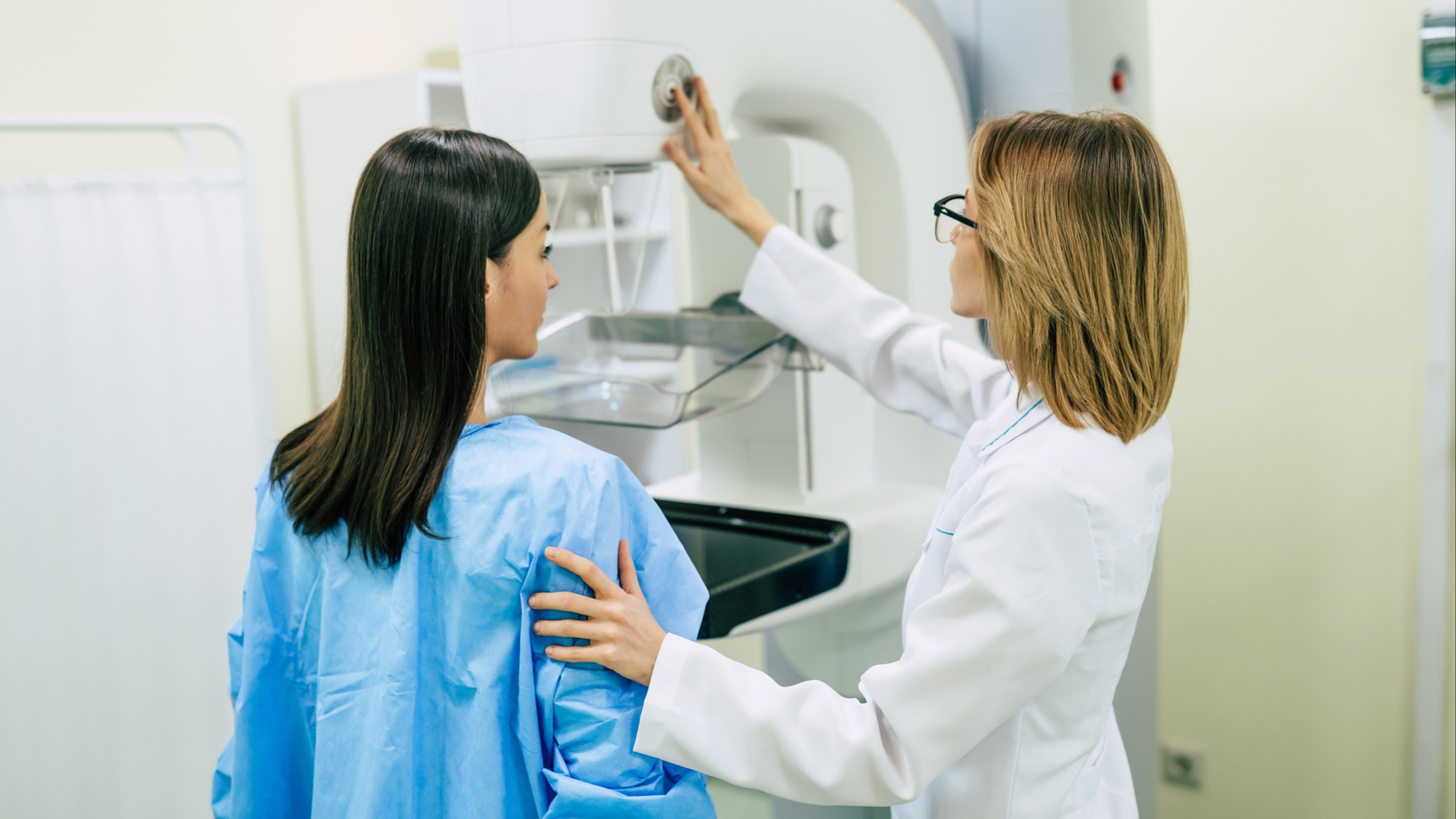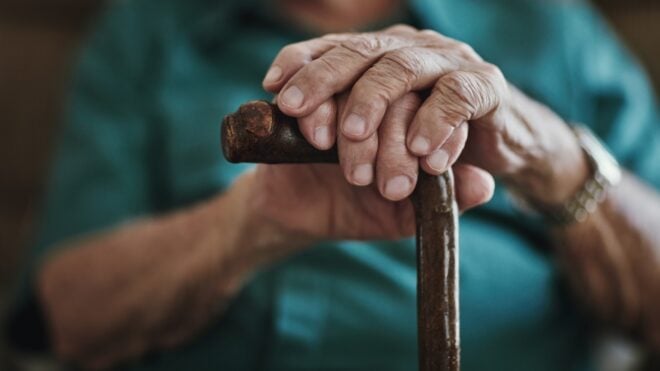
New guidelines say that women should start getting screened for breast cancer at a younger age. Previously, the US Preventive Services Taskforce said people could start getting screened in their 40s based on personal risk level, preference, and guidance from their doctors. However, regular mammograms are now recommended for all people assigned female at birth starting at age 40.
Dr. Carol Mangione told NPR that "new and more inclusive science about breast cancer in women younger than the age of 50 has allowed us to expand our prior recommendation."
Though the number of women diagnosed with breast cancer each year has increased, the death rates have decreased, according to the American Cancer Society.
It is believed that the number of people dying from breast cancer has decreased because of increased awareness, improved screening, and better treatments and research, reports Mayo Clinic.
More from LittleThings: Man Arrested After Allegedly Harassing & Kicking A Bison At Yellowstone National Park
Even still, breast cancer is the second most common type of cancer for women in the US after skin cancer, and is the second-most common cause of cancer death for women, according to the American Cancer Society.
Detecting breast cancer early increases the chances that treatment will be successful, which is why screening is so important. Regular screening makes it possible to find breast cancer before symptoms develop, as per the American Cancer Society.
Though the US Preventive Services Task Force now recommends screening every other year starting at age 40, other groups have different guidelines.
According to the Associated Press, the American College of Radiology and the American Cancer Society both recommend screening every year rather than every other year. The American Cancer Society recommends yearly mammograms for women aged 45 to 54, and every year or every other year for women that are 55 or older.
Dr. Mangione told NPR that "if all women followed our new recommendation, we could reduce mortality from breast cancer in the U.S. by about 20%."
However, the task force also acknowledged that more research is needed, especially "to address health disparities across screening and treatment experienced by Black, Hispanic, Latina, Asian, Pacific Islander, Native American, and Alaska Native women" and to better understand screening for women with dense breasts.
Mammograms might not work as well for women with dense breasts, and close to 50% of women have dense breasts, according to the task force. The task force "urgently calls" for more research on what types of additional screening might be helpful for women with dense breasts. Because of the lack of research currently, the task force can't make a recommendation, but advises women with dense breasts to speak to their doctors.
The task force also noted that Black women are more likely to die from breast cancer compared to white women. Although screening regularly at age 40 can help address this issue, the task force admitted that this is not enough and more research is needed to understand how to make screening and treatment more equitable.
The American Cancer Society estimates that in 2024, about 310,720 new cases of invasive breast cancer will be diagnosed and about 42,250 women will die from breast cancer.




